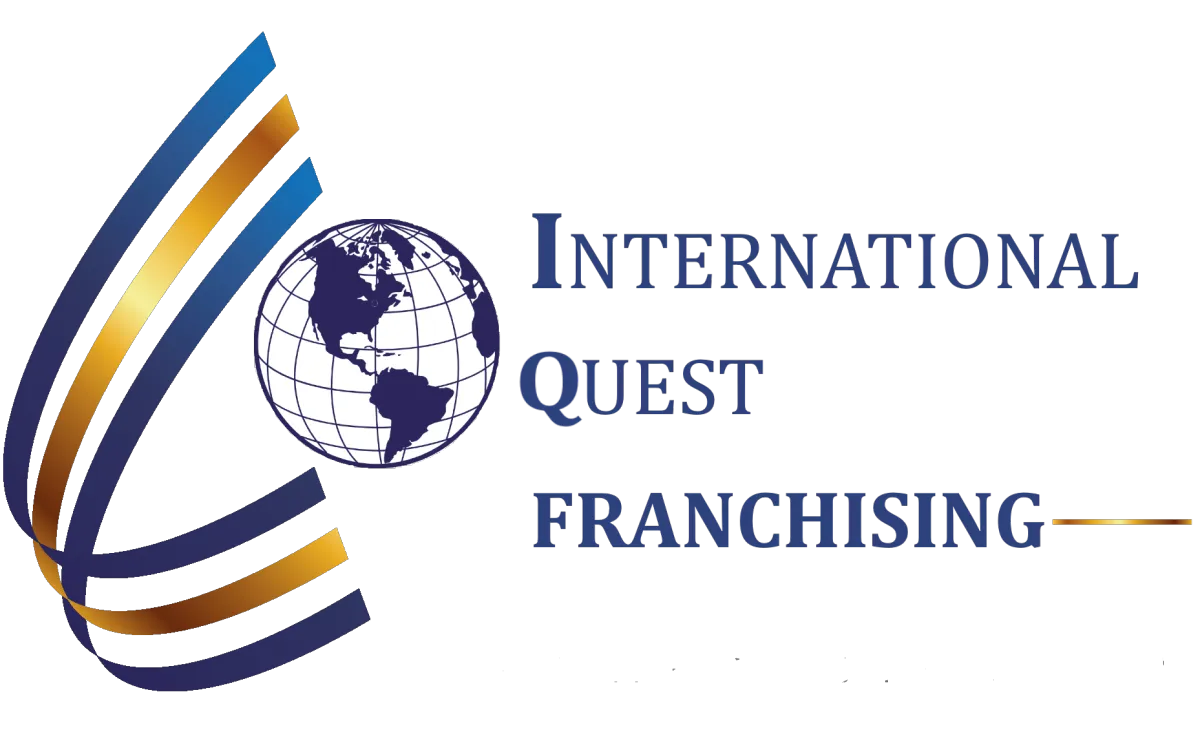
Introduction to Franchise Operational Efficiency
Introduction to Franchise Operational Efficiency
Operational efficiency in franchises involves maximizing output while minimizing wasted resources such as time, effort, and materials. Achieving this type of efficiency is crucial for franchises; it helps in driving profitability and improving customer satisfaction. When inefficiencies exist, they can dramatically reduce profits and negatively impact customer experience, leading to a decline in repeat business and brand reputation.
Lean and Six Sigma methodologies offer strategic frameworks that can address these inefficiencies. Lean focuses on waste elimination and creating value, while Six Sigma emphasizes quality control and reducing variability. Together, these methods can play a pivotal role in enhancing operational efficiency within franchises.
Engaging strategic advice, operational support, and franchise development expertise are essential components to successfully implement Lean and Six Sigma. They lay the groundwork for effective and sustainable improvements.

Need Help? Use International Quest Franchising, LLC
IQ Franchising helps businesses grow and expand through franchising by working closely with clients to build strong, successful franchise systems. We start by understanding your business, then develop a strategic plan that addresses challenges and maximizes profits. Our expertise in project management and operational efficiency, like Lean & Six Sigma, ensures your franchise system is both effective and sustainable. With our support, your business can thrive, and franchisees can make a positive impact in their communities. Let us help you achieve success and reach your franchising goals.. To learn more, Visit. (916) 774-7142
Understanding the Lean Approach
Lean methodology originated in the manufacturing sector, specifically from Toyota's production system. It revolves around principles aimed at increasing productivity by eliminating any form of waste. The approach includes core concepts such as value streams, continuous flow, and just-in-time production.
Key Lean principles involve identifying value streams to understand the flow of materials and information, aiming for a continuous flow of processes, and targeting the elimination of waste in every form – whether it’s excess inventory, unnecessary steps in production, or long waiting times.
Franchises that adopt Lean often see significant improvements in both operational efficiency and customer satisfaction. For example, a well-known fast-food franchise implemented Lean strategies to reduce waiting times and optimize kitchen processes, resulting in faster service and higher customer satisfaction ratings.
Exploring Six Sigma for Franchises
Six Sigma was developed by Motorola and later popularized by companies like General Electric. It aims to enhance quality management by reducing process variability, thereby improving overall quality. The DMAIC process stands at the heart of Six Sigma, involving steps to Define, Measure, Analyze, Improve, and Control various aspects of the business.
With tools like process maps, control charts, and root cause analysis, Six Sigma provides a detailed framework for identifying problems and implementing solutions. The methods focus on data-driven decision-making, ensuring that each step is guided by empirical evidence rather than intuition.
Franchises can benefit greatly from Six Sigma by improving product consistency and operational reliability. For instance, a global retail franchise applied Six Sigma to streamline their supply chain, reducing delivery times by 30% and consistently meeting customer expectations.
Combining Lean and Six Sigma for Maximum Efficiency
The integration of Lean and Six Sigma creates a comprehensive approach known as Lean Six Sigma. By combining the speed and waste-reducing focus of Lean with the quality control and rigor of Six Sigma, franchises can achieve optimal operational efficiency.
Steps to integrate Lean Six Sigma involve detailed planning and execution phases. This includes setting up a cross-functional team, training staff in both methodologies, and running pilot projects to test integrated approaches. The balance between Lean’s quick, iterative cycles and Six Sigma’s data-driven rigor can yield substantial improvements.
Several franchises have successfully implemented Lean Six Sigma with remarkable results. For example, a hotel chain managed to reduce its check-in times while also lowering error rates in reservation handling, leading to an improvement in both operational efficiency and customer satisfaction.
Strategic Advice for Implementing Lean & Six Sigma
Starting with an initial assessment is crucial for identifying key pain points and areas with the most potential for improvement. This involves detailed mapping of current processes and gathering data to understand where inefficiencies lie.
Setting realistic goals and Key Performance Indicators (KPIs) helps in tracking progress and ensuring that objectives are achievable. A phased approach is often recommended, focusing on one area at a time before expanding efforts across the organization.
Engaging franchisees and staff in the Lean Six Sigma journey is vital. It encourages buy-in and ensures that everyone is invested in the process improvements. Regular training sessions and updates can keep the momentum going.
Providing Operational Support in Lean & Six Sigma Projects
The role of leadership cannot be overstated when supporting Lean Six Sigma projects. Effective leadership involves not just setting the tone but also actively participating in the initiatives.
Training and development programs are essential for equipping staff with the necessary skills to implement Lean Six Sigma. Additionally, leveraging technology can streamline the entire process, from data collection to analyzing results.
Continuous monitoring and sustaining improvements are key to long-term success. Regular reviews and adjustments ensure that the benefits gained are maintained over time.
Enhancing Franchise Development with Lean & Six Sigma
Implementing Lean Six Sigma can serve as a strong selling point for attracting new franchisees. Prospective franchisees are often looking for systems that promise efficiency and reliability.
Customizing Lean Six Sigma approaches for different franchise models allows for flexibility and ensures that the strategies are effective across various types of operations.
Efficiency gains from Lean Six Sigma can also facilitate expansion and scaling. Franchises can replicate improved processes across new locations, ensuring consistent quality and performance.
In the long run, Lean Six Sigma fosters a culture of continuous improvement, which helps in maintaining a competitive edge in the market. By constantly refining processes, franchises can stay ahead of industry trends and meet ever-evolving customer needs.
Conclusion and Next Steps
We've explored the significant benefits that Lean and Six Sigma bring to franchise operational efficiency. When combined, these methodologies provide comprehensive solutions to enhance productivity, quality, and customer satisfaction.
Franchises looking to start their Lean Six Sigma journey are encouraged to take the initial steps of assessment and goal-setting. Building a strategic plan with actionable goals can facilitate smoother implementation.
Franchise leaders are encouraged to embrace Lean Six Sigma methodologies to drive continuous improvement and maintain their competitive advantage in the marketplace. By doing so, they can not only elevate operational efficiency but also create a more robust and scalable franchise network. Contact us to learn more…
International Quest Franchising, LLC
Business Address: 3017 Douglas Blvd.
Ste. 300
City: Roseville
State: CA
Zip: 95661
Phone: (916) 774-7142

